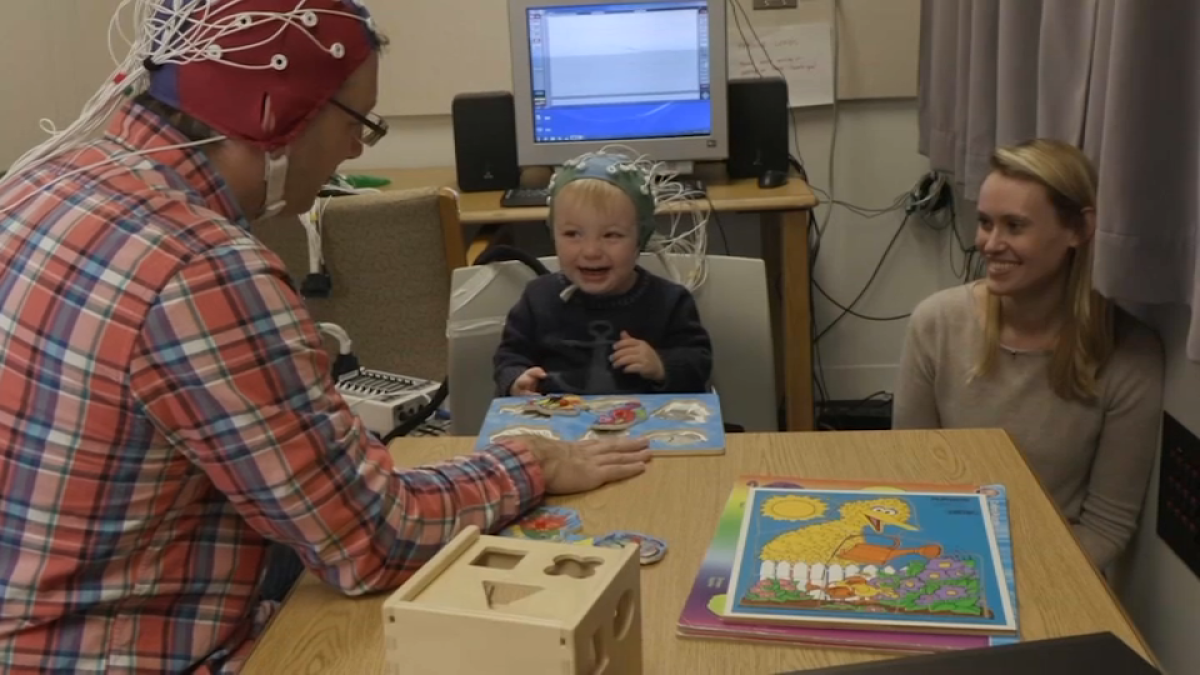
Research is looking to identify the link between delayed speech development in toddlers and severe and frequent tantrums. NBC 5’s Lauren Petty explains.
Most kids have temper tantrums at some point, but researchers at Northwestern University have found toddlers with delayed speech are twice as likely to have severe, frequent tantrums, and are encouraging families to seek help sooner rather than later.
In the “When to Worry” study, researchers at Northwestern University say they have proved the link between delayed speech and severe tantrums.
“We found that late talkers were almost twice as likely as their peers to have these severe and frequent temper tantrums,” said Elizabeth Norton, Northwestern Asst. Professor of Communication Sciences and co-principal investigator of the study.
Norton and her team says early intervention is key.
“What we’re trying to do here is help parents know when to worry,” Norton said.
Timing for intervention is important because previous research suggests stakes are high.
“We know that kids who are late talkers are more likely to go on to having trouble in school with language and reading. And we know kids who have severe temper tantrums are more likely to have mental health problems later on,” Norton said.
Local
Phase Two of the study is now underway at Northwestern, and involves measuring both the child’s and parent’s brain waves while they do activities together and separately. Measuring the brain activity could give clues as to whether or not the parent and child are in sync and if the child is ready to learn.
“The goal of the study is to find out which kids can we use intervention resources on, so that we use them most effectively and help the most kids who really need the help,” said Norton.
The name of the study, “The When To Worry Study” is exactly why Faye Herzog enrolled her 2-year-old daughter Rory.
“There are some parents who might think, ‘Am I being overly cautious or asking too many questions?’ But they should because maybe there might be something there that they’re not seeing,” Herzog said.
Norton said 350 families are enrolled in the study so far, but her team would like to have 150 more. The university has a website where parents can find out if their child is eligible for the study.